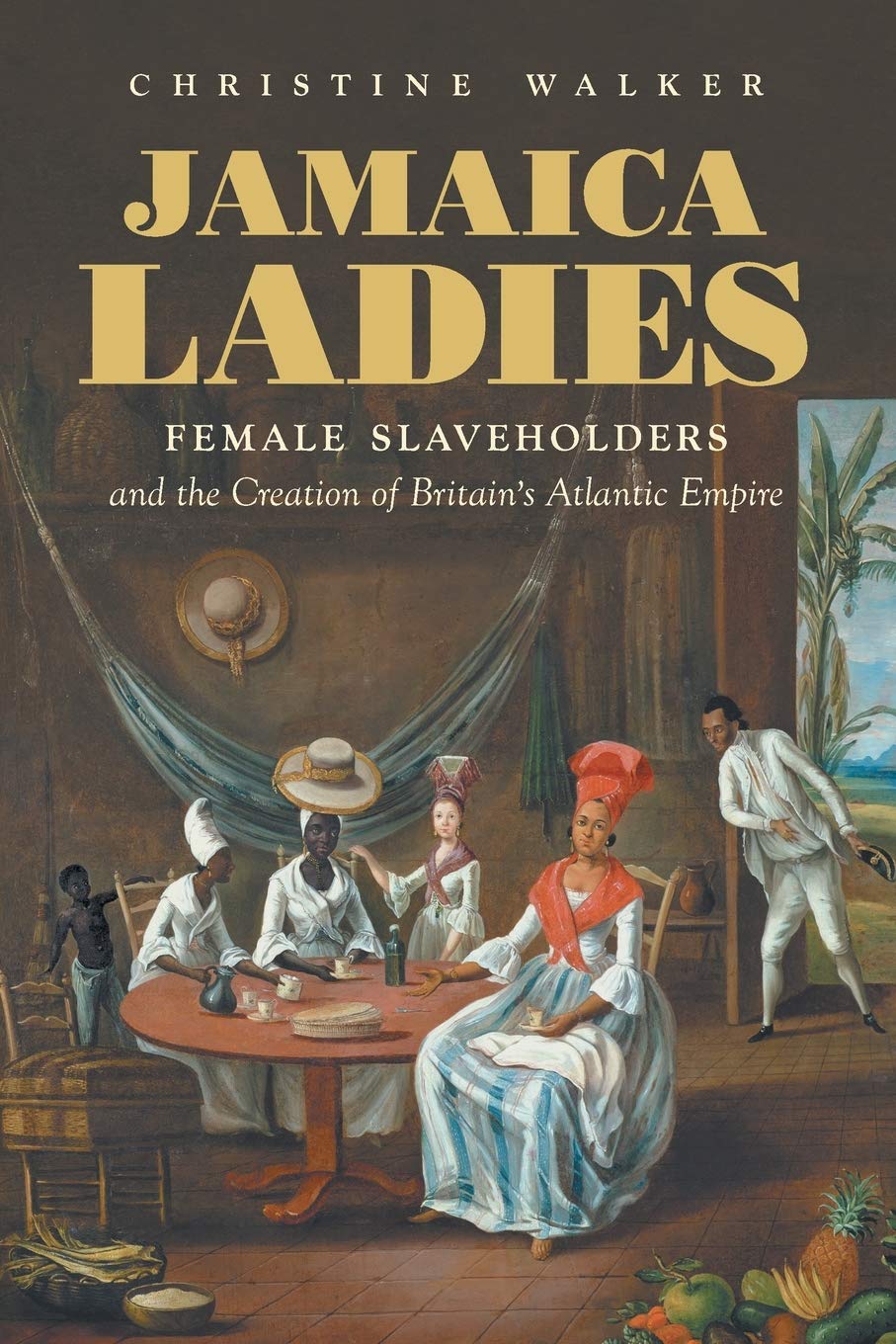About this deal
They provided services considered to be important for a growing hub in transatlantic and circum-Caribbean trade. Nothing about this episode should surprise historians familiar with the violence of mid-eighteenth-century Anglo-Spanish relations in the greater Caribbean. While it seems a daunting task for Jamaica to get out of Group F and into the last 16, they are expected to prove more competitive than they did in 2019 and the collective goal is to at least take points off one of France or Brazil.
The programme was restarted in 2014 with the support of Cedella Marley, the daughter of the late Bob Marley. As her extensive use of wills shows, women in Jamaica had considerable leeway to behave as independent economic actors, whether by avoiding marriage or taking advantage of local practices that allowed female heirs to avoid the common-law restraints of primogeniture, or thanks to a pragmatic local culture in which men often recognized women as skilled managers best-placed to organize and sustain family wealth.But Walker makes creative use of other evidence—the quotidian record of life, death, and property in colonial Jamaica: probate inventories, wills, parish registers of baptisms and marriages, and lists of manumissions. Standard greetings cards are 10 x 15cm (4 x 6 inches); our larger cards are 15 x 21cm (6 x 8 inches). Williamsburg: Omohundro Institute of Early American History and Culture and the University of North Carolina Press, 2020. The author finds evidence in thousands of wills, codicils, probate records, parish registers, plantation inventories and the rare surviving letters of her subjects.
After examining Port Royal and Kingston, Walker turns her narrative to the rural plantations in chapter 3. Whether as brutal enslavers or ranchers, women in Jamaica contributed to the prosperity of the colony in ways that would have appalled gendered and social sensibilities in the metropole, thus pointing to ways in which colonial life was not bound by the traditional gendered norms in Europe. As a result, the British Caribbean, and British Jamaica particularly, has been viewed as a hypermasculine space inhabited by male merchants and planters. Much of this work has been on African and creole women, a large constituency given greater context by Walker’s examination of free and freed women in Jamaica who became slave-owners. Part of the answer is that Jamaica’s women served as some of the most ardent and best supporters of the island’s practice of slavery.On 17 April 1991 the team competed in its first international match against Haiti, which they lost 1–0. Starting in the 1670s, a surprisingly large and diverse group of women helped secure English control of Jamaica and, crucially, aided its developing and expanding slave labour regime by acquiring enslaved men, women, and children to protect their own tenuous claims to status and independence. Female slaveholders wielded novel and significant legal, social, economic, and cultural authority, which they enacted inside and outside the household" (9).
 Great Deal
Great Deal 